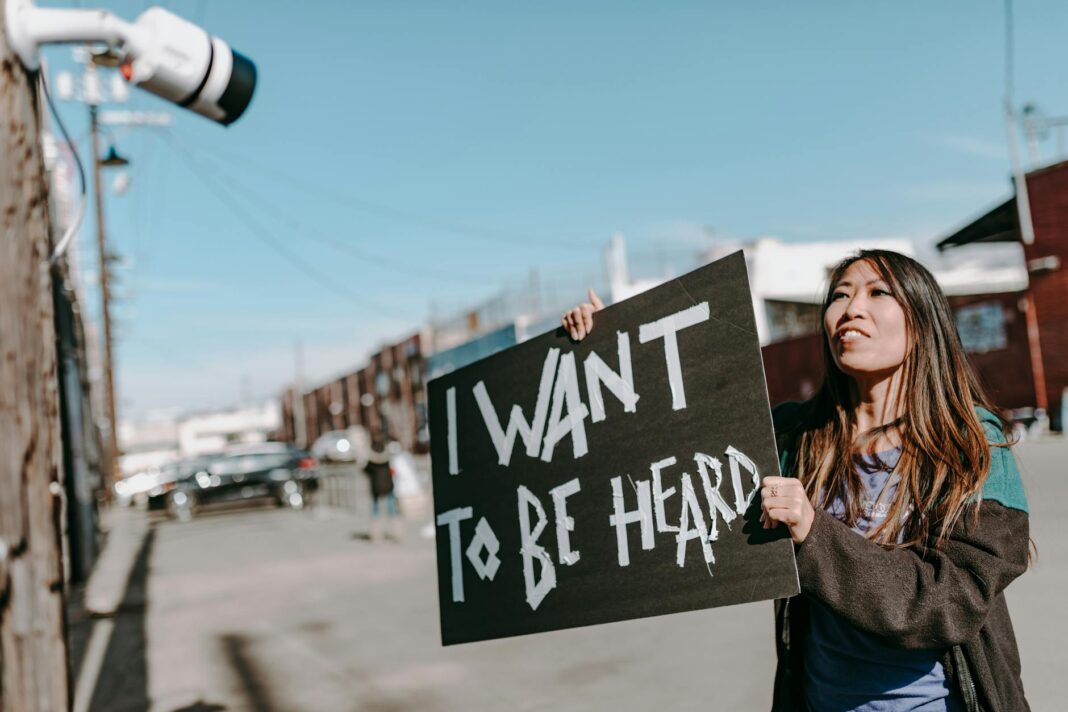Understanding the Kirk Murder Cas
e
The tragic murder of conservative activist Charlie Kirk has unraveled a complex narrative, revealing the ideological landscape that may have influenced the suspect, Tyler Robinson. Accused of fatally shooting Kirk, Robinson has been described by Utah Governor Spencer Cox as someone “deeply indoctrinated with leftist ideology.” This statement has ignited a firestorm of debate over the implications of political beliefs in violent actions. The fallout from this situation is not just about the murder but also about what it reflects in our society.
The Role of Ideology in Violenc
e
Political ideologies are often held up as the backdrop for understanding criminal behavior. Governor Cox’s remarks suggest that Robinson’s views could have played a significant role in his actions, raising questions about how ideology can distort reality and lead to extreme outcomes. While it’s crucial to scrutinize the influences that mold an individual’s worldview, equating ideology directly with violent behavior can be a dangerous and slippery slope. Not every individual who subscribes to a particular political belief is a risk for violence; the vast majority engage in discourse without resorting to hatred or aggression.
The Broader Implication
s
In a divided political landscape, the potential for violence linked to extremist views cannot be overlooked. Yet, it’s imperative to remember that not all left-leaning individuals condone violence or take extreme actions. The underlying issue becomes clear: how do we differentiate between legitimate political dissent and the radicalization that can lead to acts of violence? This case serves as a grim reminder that discussions around ideology, especially in a charged environment, can spiral out of control.
The rhetoric surrounding political ideologies has become increasingly heated, with both sides of the aisle often quick to generalize. The danger lies in painting entire groups with a broad brush, which can incite more division and hostility. The murder of Kirk may be used by some as a rallying point, further entrenching divides rather than fostering understanding. It’s essential to navigate these discussions carefully, focusing on facts rather than emotions.
The Reaction to the Statement
s
The governor’s comments have sparked reactions across the political spectrum. Supporters of Kirk and conservative commentators have seized upon the narrative to illustrate what they perceive as a larger trend of left-wing violence. Meanwhile, critics argue that focusing on Robinson’s political beliefs detracts from the real issues at hand, including mental health and the societal factors that contribute to violent behavior. This discourse highlights the challenges of addressing violence in a way that is both honest and constructive.
In the aftermath of such a violent act, it’s crucial for society to engage in meaningful discussions. The knee-jerk reactions that often follow tragedies can cloud judgment and distract from addressing the complexities of human behavior. Recognizing that ideology alone doesn’t trigger violence is a step toward a more nuanced understanding of these events. We must also consider the psychological aspects and societal pressures that can lead an individual down a dark path.
Moving Forwar
d
As the investigation continues, it’s essential to approach this case with a balanced perspective. Understanding the influences that lead to such extreme actions can help in preventing future tragedies. Communities must engage in dialogue that fosters understanding rather than division, emphasizing the importance of addressing the root causes of violence without resorting to blanket judgments based on ideology.
This incident could serve as a catalyst for a broader conversation about mental health, community support systems, and the importance of recognizing early warning signs in individuals who may be struggling. The path forward involves collective efforts to promote understanding and empathy, breaking down the barriers that ideologies often create.
Question
s
How can society effectively address the rise of politically motivated violence?
What role should ideology play in discussions about crime and punishment?
How can communities foster dialogue that promotes understanding across political divides?




